News
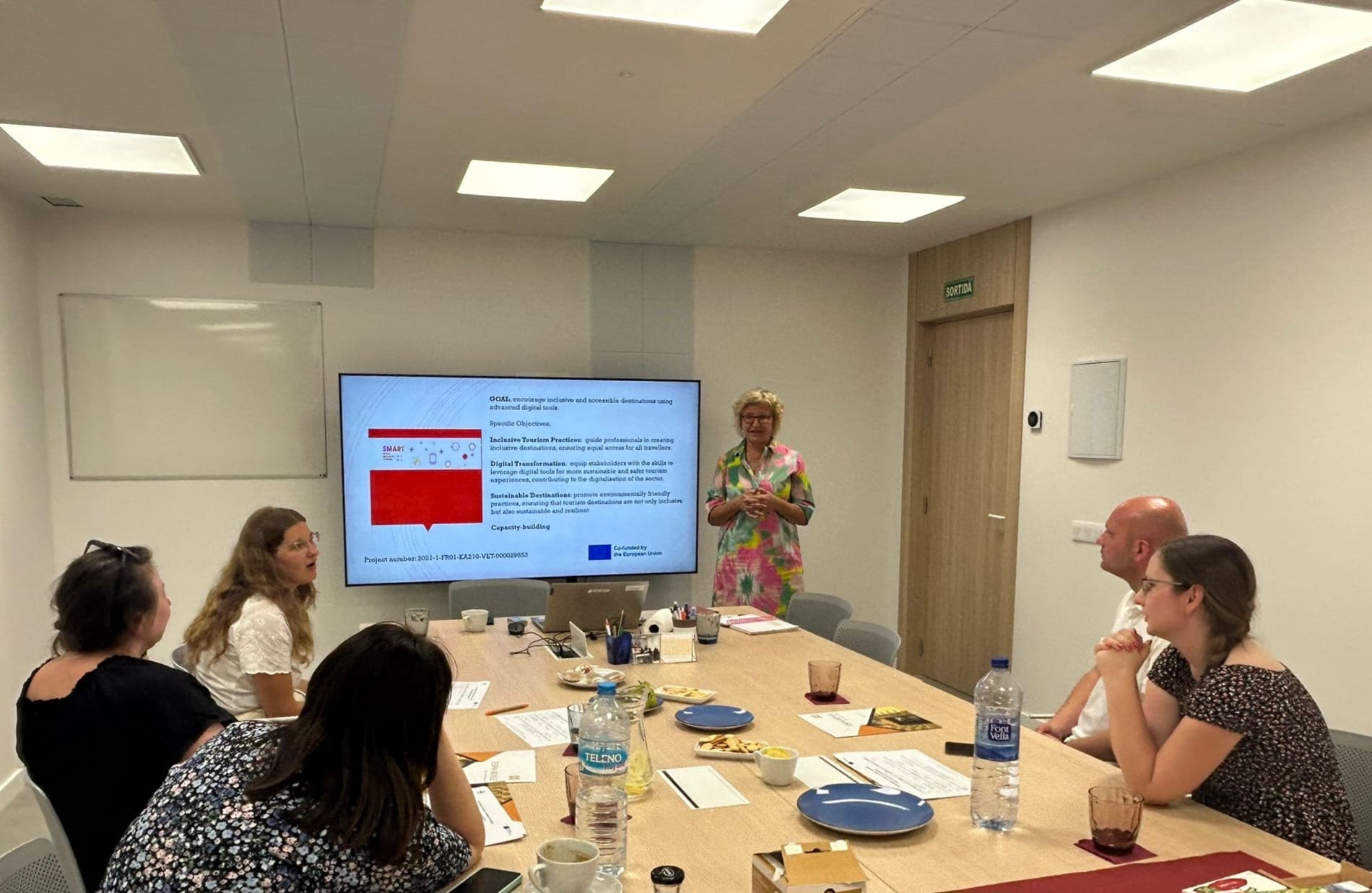
Workshops in Reus
During four months – June-September 2025 – DomSpain organized a Conference a cycle of co-design workshops targeting tourism professionals, trainers

SMART INCLUSION: Building Capacity for Inclusive and Sustainable Tourism
Tourism has the power to connect people, cultures, and communities, but it must be welcoming, safe, and meaningful for everyone.
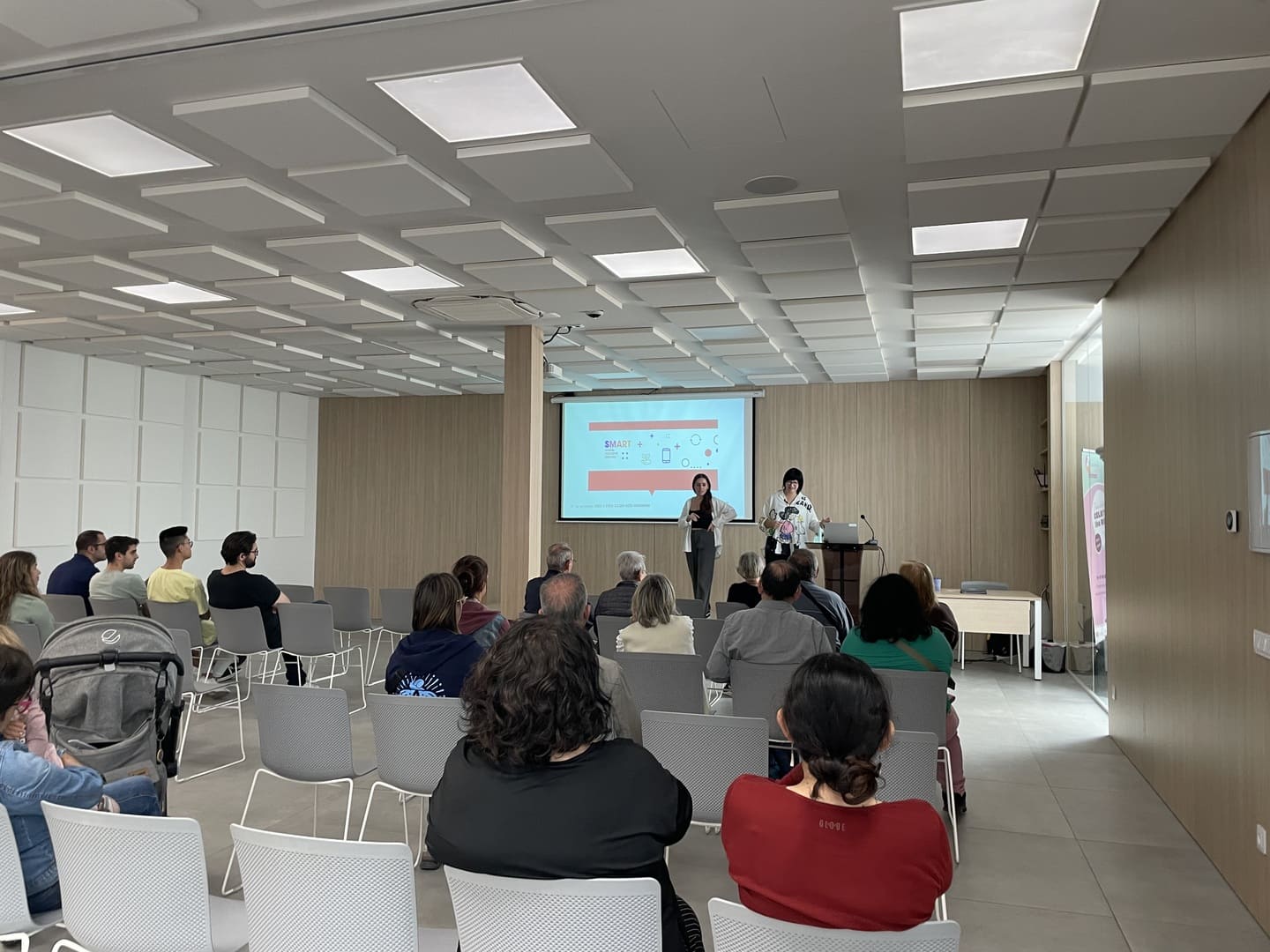
Local Dissemination Event in Reus
In the second week of November, DomSpain organised a local dissemination event for the SMART Inclusion project at Espai Boule
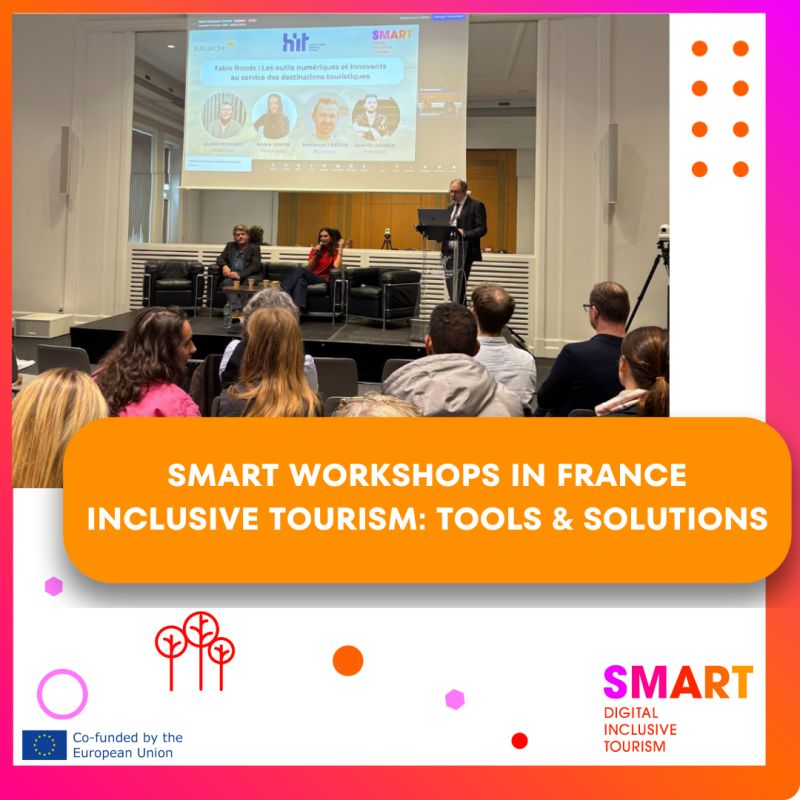
SMART II Workshop – France
Hosted by EURAKOM in partnership with Hauts-de-France Innovation Tourisme (HIT) On October 17th, 2025, EURAKOM organised the SMART II
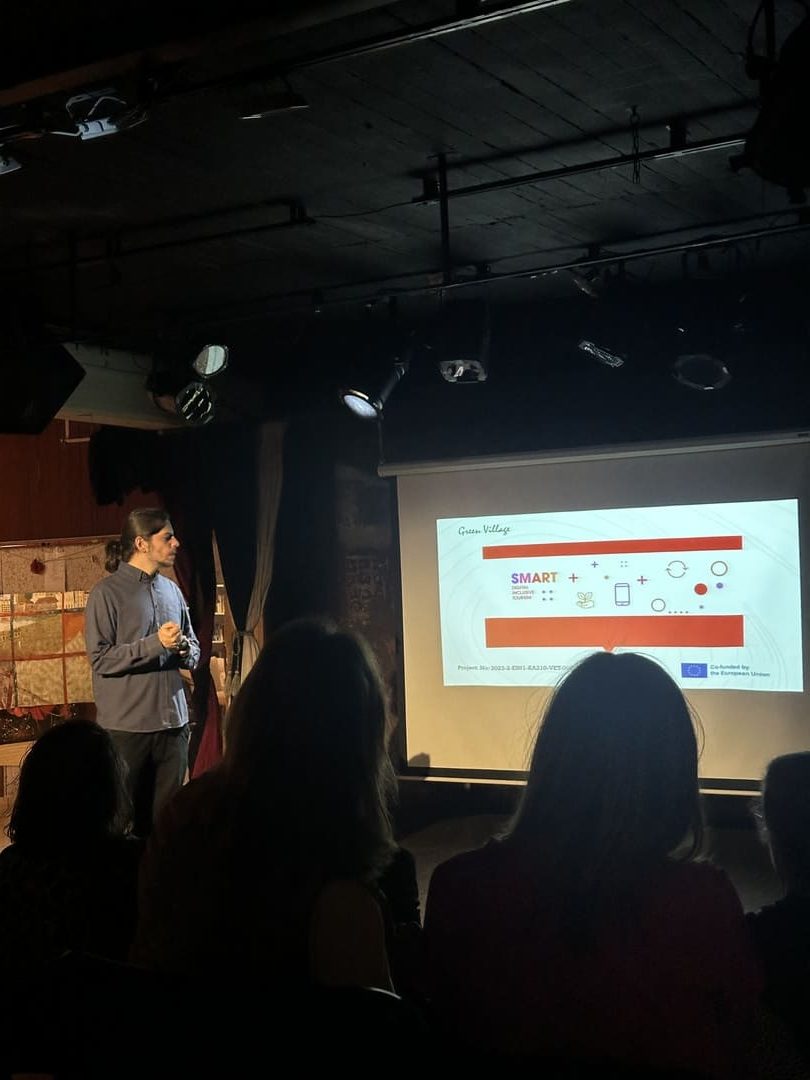
SMART INCLUSION Second Workshop – Greece
The second Greek National Workshop under the SMART INCLUSION project was held on Friday, 31 October 2025, at the premises

Digital Inclusive Tourism in Practice: case studies from Greece
Greece’s tourism sector is increasingly embracing digital tools to make travel more inclusive. Below are five practical initiatives that include
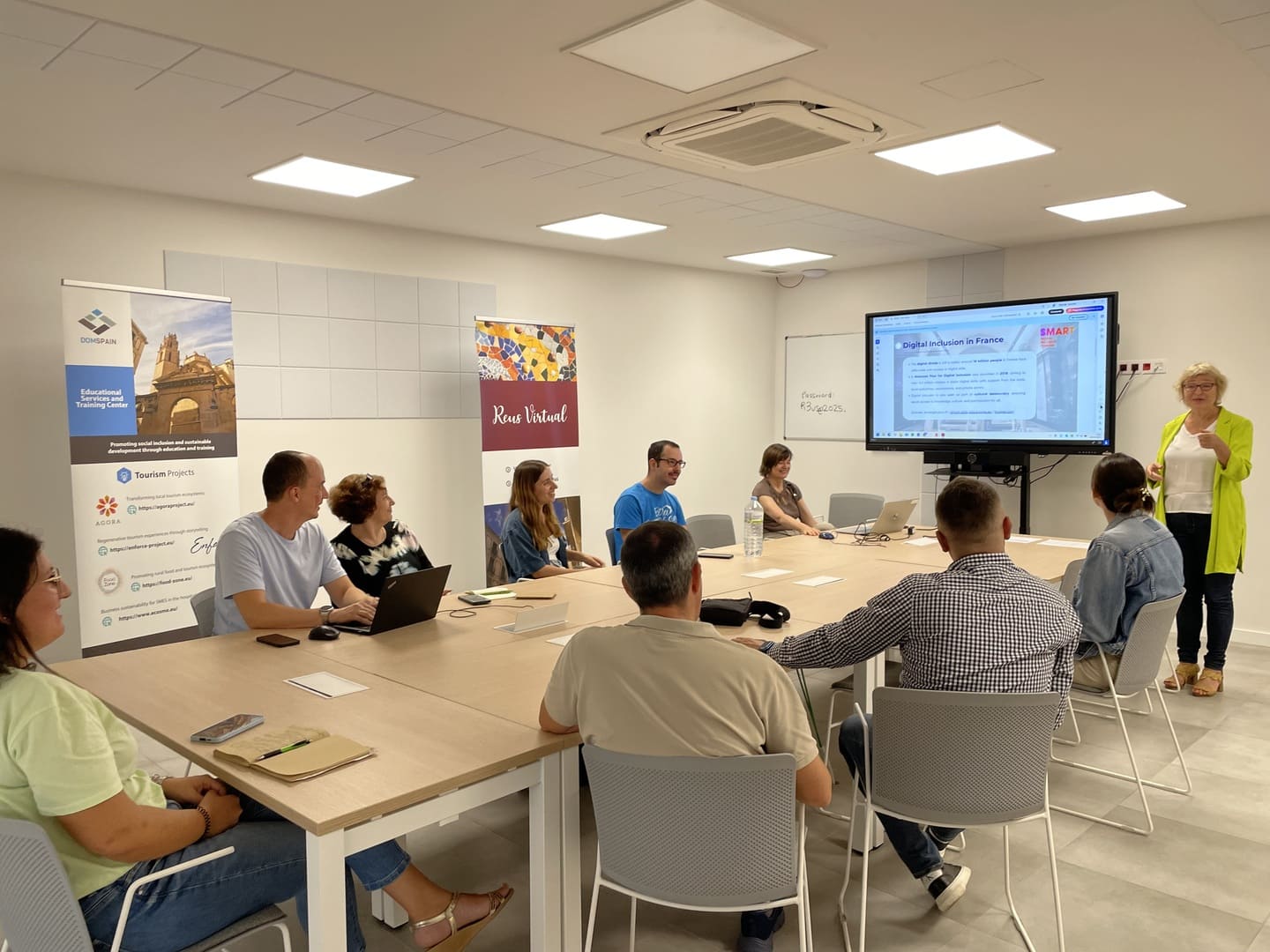
DomSpain Promotes International Training for Tourism Professionals
From September 8 to 10, DomSpain organized a series of international training sessions for tourism professionals and experts under the

Inclusive Tourism in Greece – Challenges and Opportunities
Greece is at an important turning point for inclusive tourism. After years of mostly local initiatives, the last two–three years
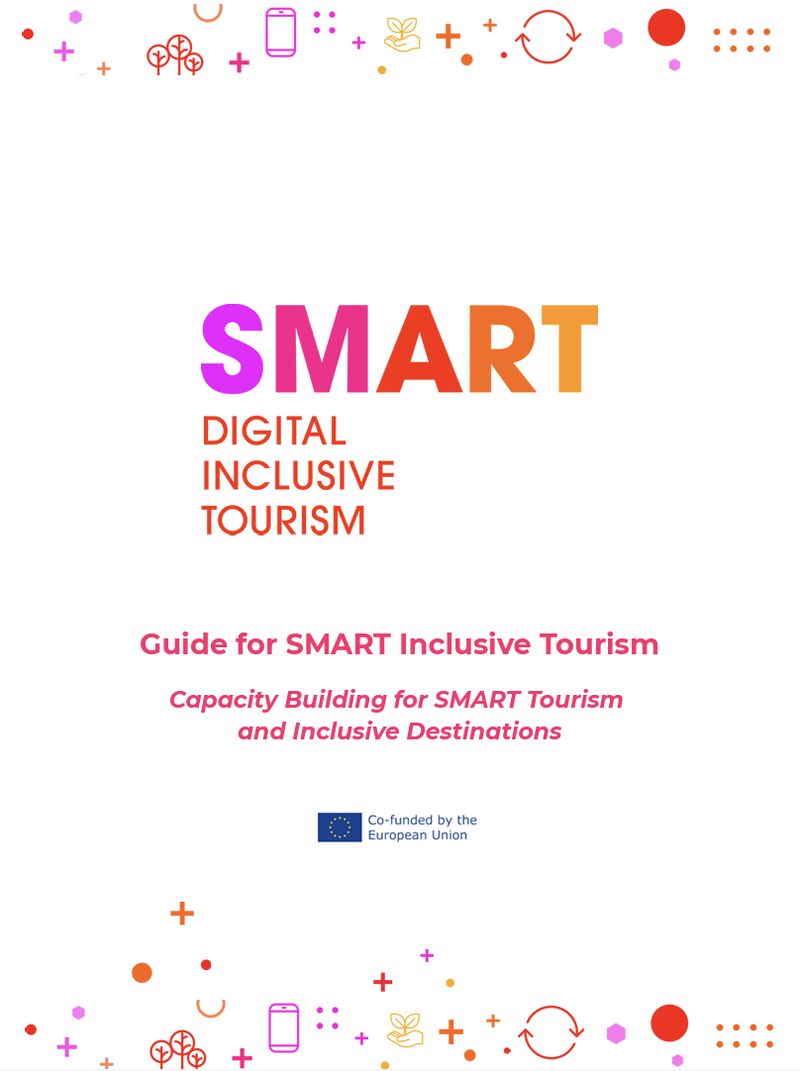
The New SMART INCLUSION Guide for Inclusive Tourism
A Practical Roadmap for an Inclusive Future In a rapidly changing Europe — with shifting demographics, rising awareness of accessibility
